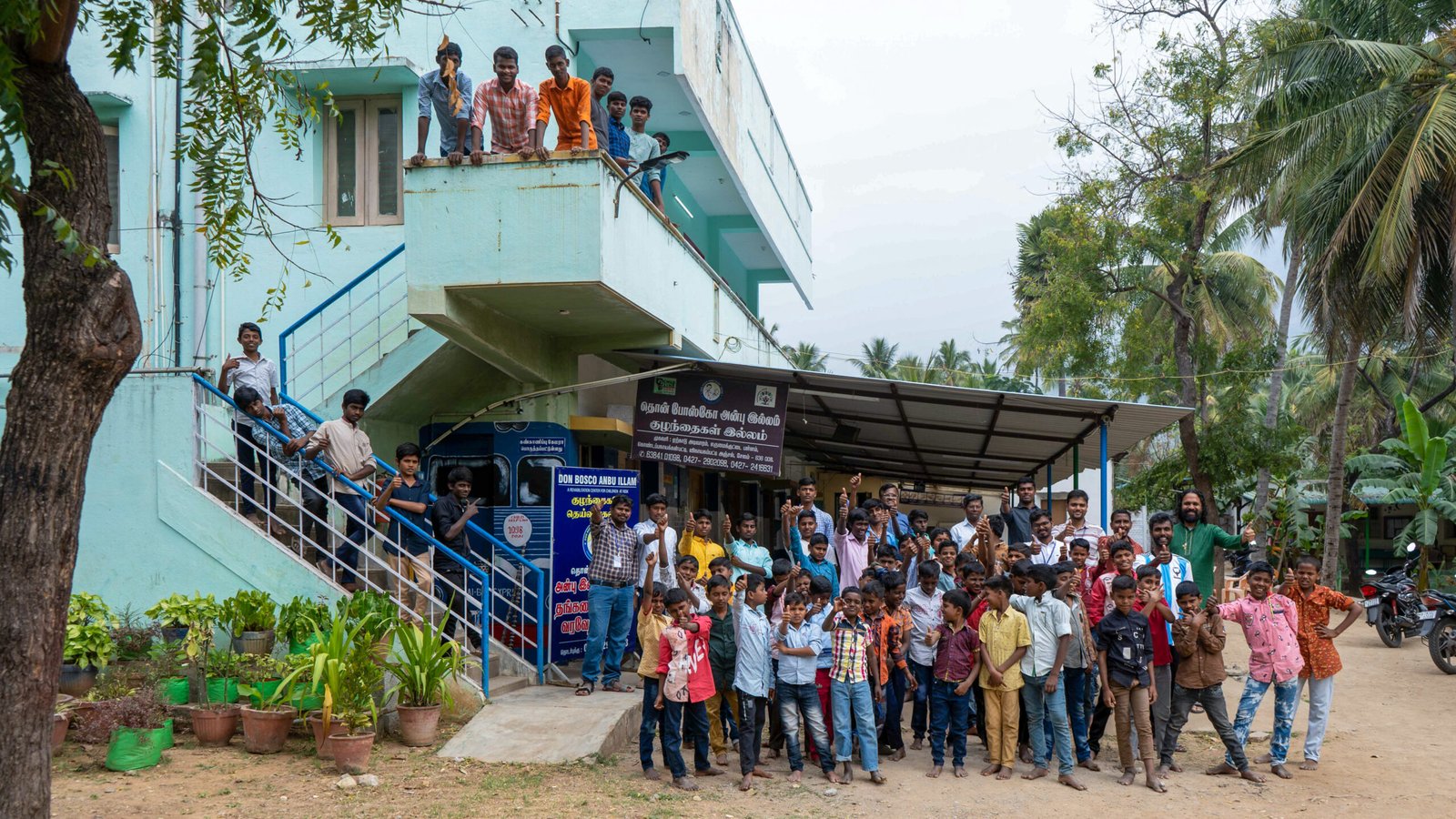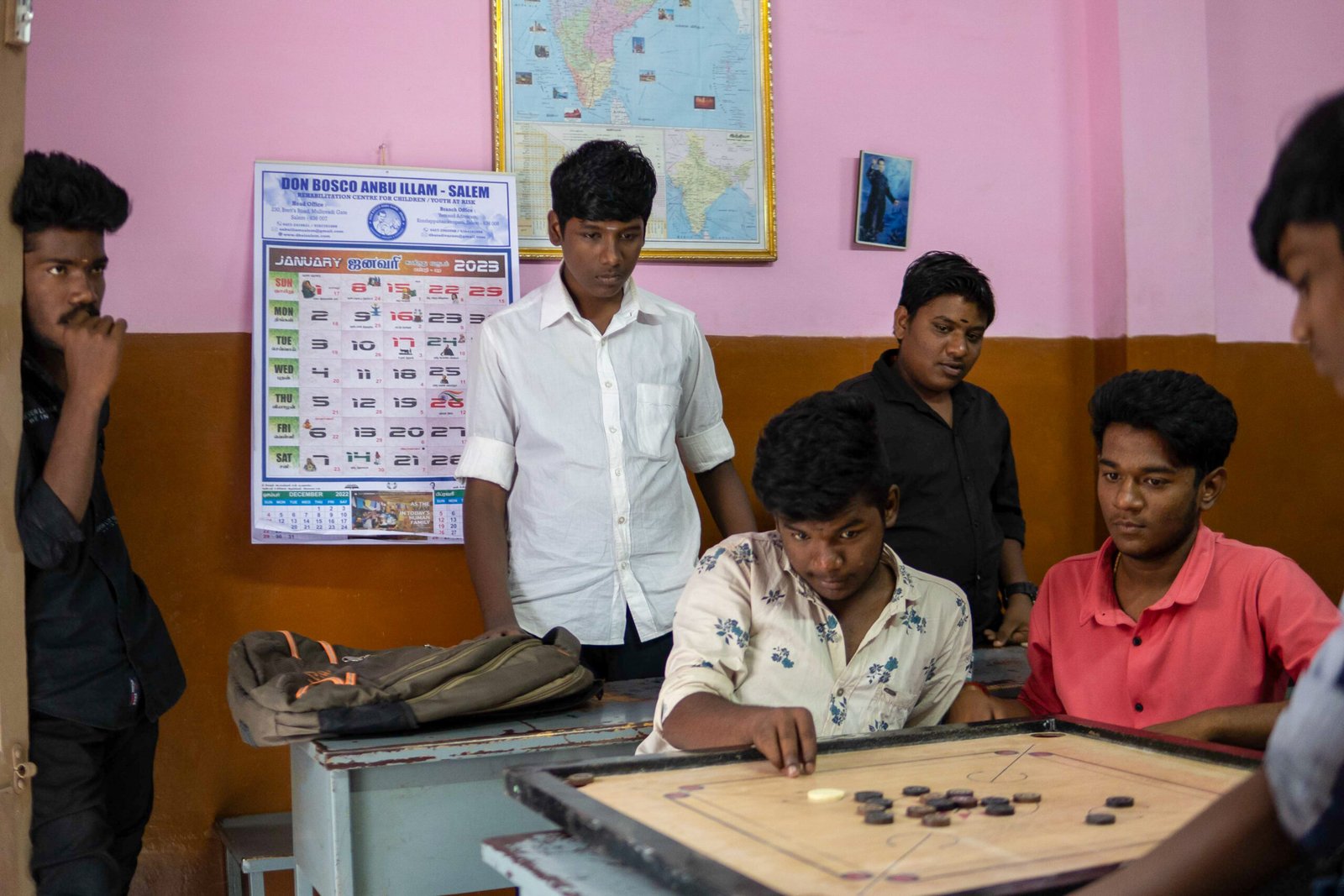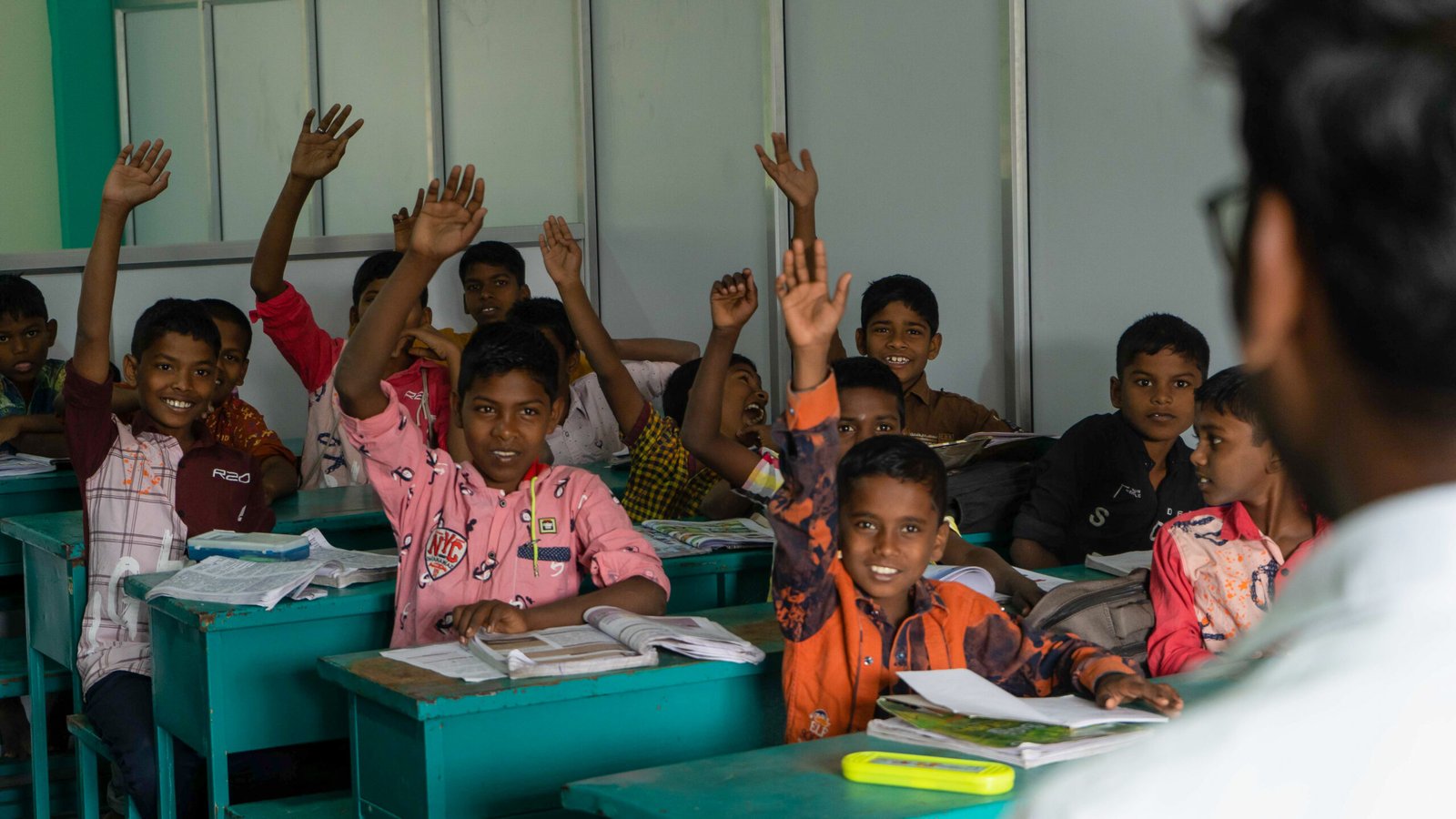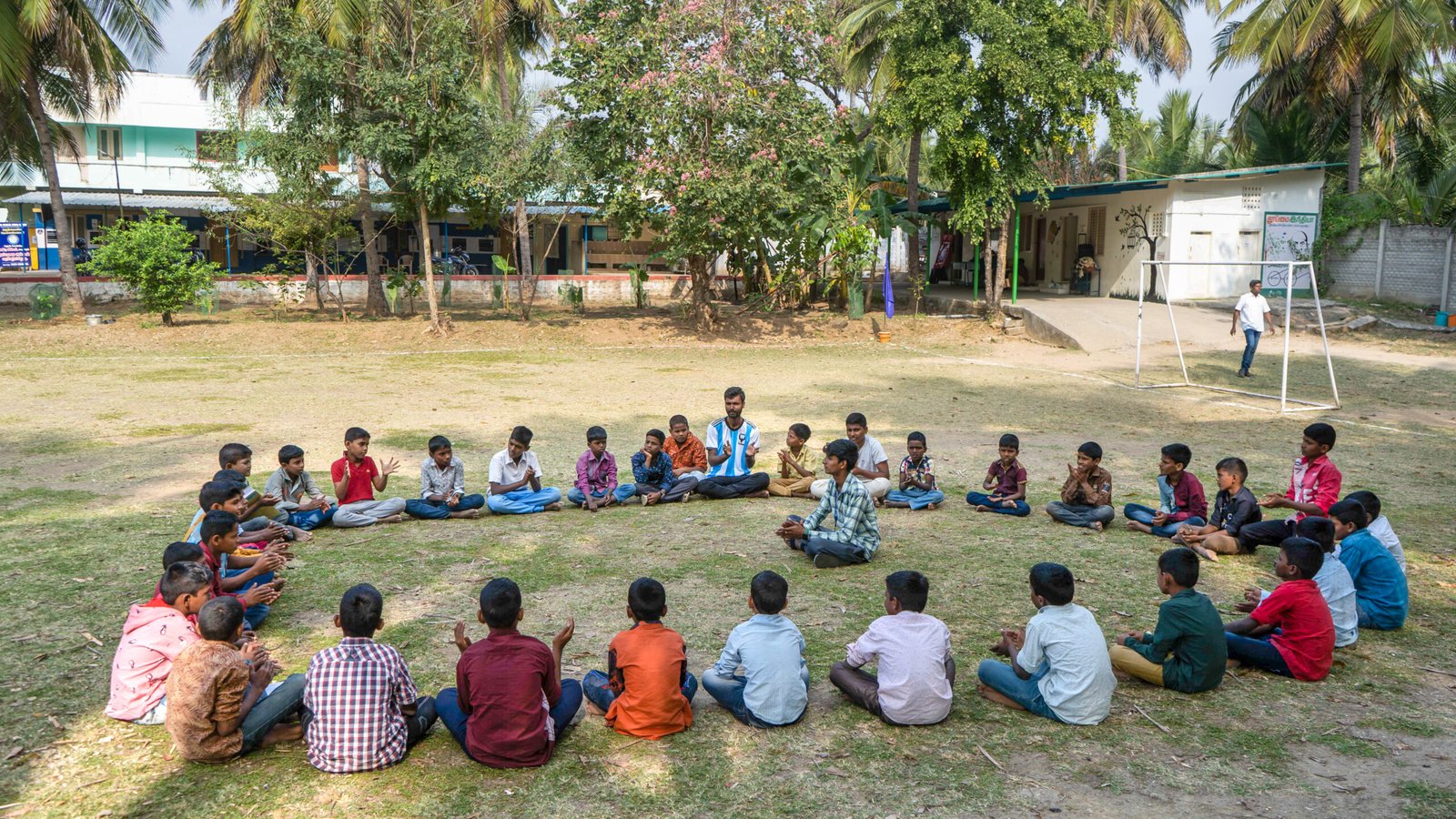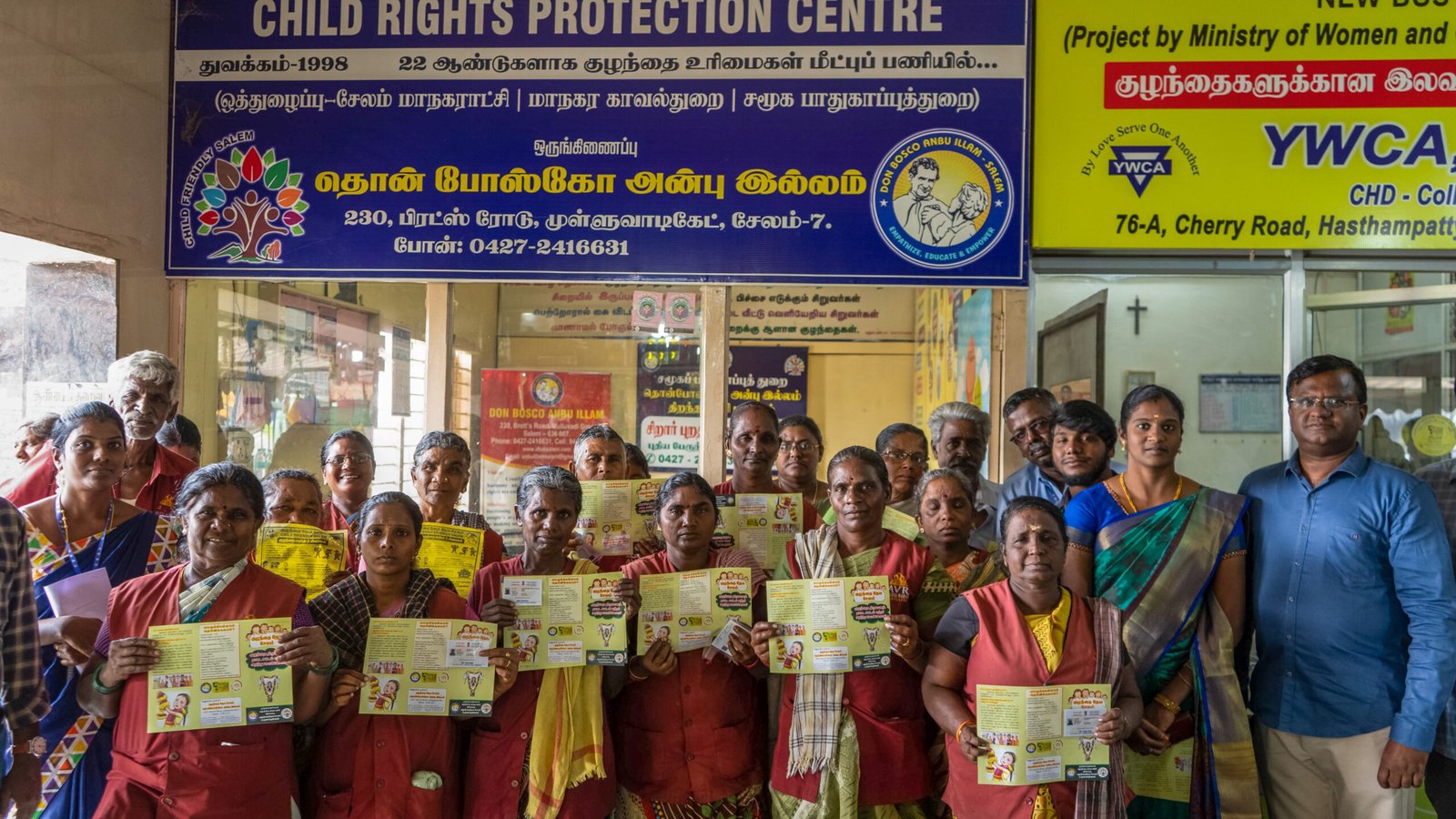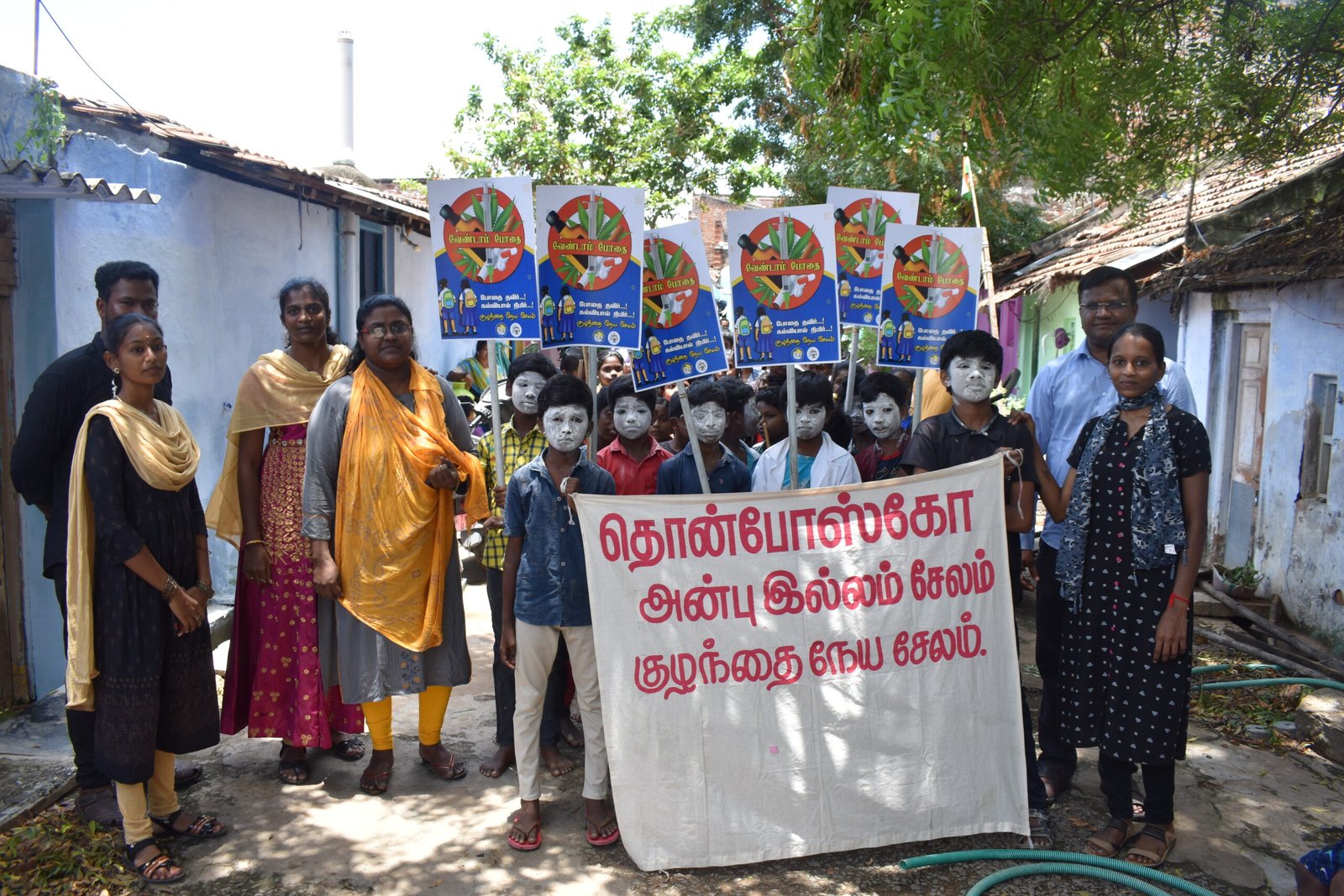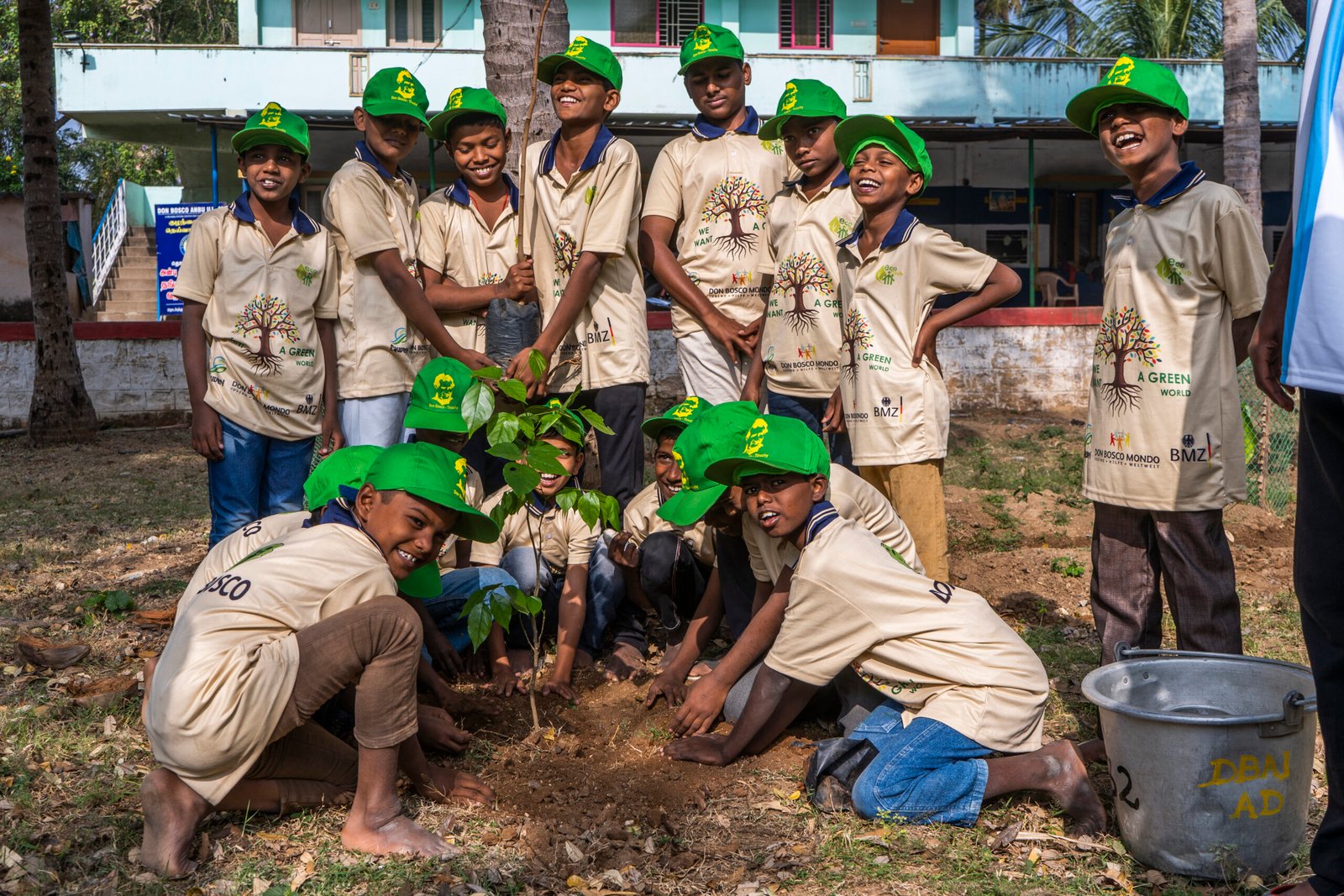DBAI is committed to improving the lives of marginalised children and promoting their rights and well-being. We recognise that these children face significant challenges and have designed comprehensive interventions to empower them for a brighter future.
DBAI has identified three groups of marginalised children as its main targets for support. These include:
- Street children who are forced to leave their homes due to poverty and become rag pickers, sweepers, hotel boys, pavement dwellers, and child labourers.
- Children who live with their families and are engaged in child labour, or who are orphaned, come from single-parent households, or have experienced family breakdown.
- Missing and trafficked children


